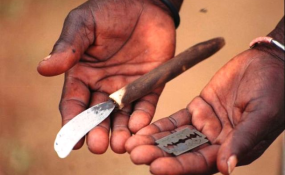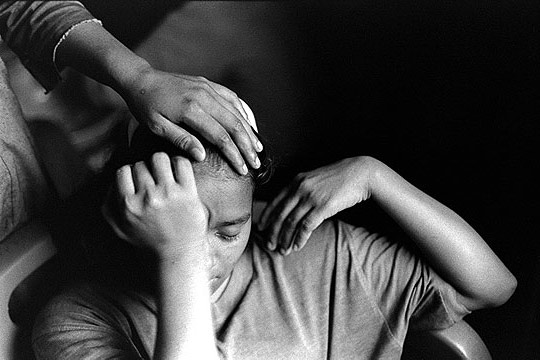Local government authorities have been urged to work with human rights activists in a bid to end female genital mutilation in Mara Region.
Village chairmen are in a better positioned to deal with the condemned traditional practice, participants at a one-day workshop organised by the Musoma Roman Catholic Diocese said on Wednesday.
An activist from Tarime District, Ms Stella Chacha, said cases of female genital mutilation (FGM) could be significantly reduced if village chairmen and executive officers worked cooperated in identifying locations where female circumcision rites were still being conducted.

“In Tarime District, some clans carry out FGM rituals between October and December. We know that preparations for this have already started, and I am sure village governments are also aware of this,” she said.
Another participant, Ms Anna John, said FGM cases in the region were still high, but only a few people have been brought to book because law enforcers were not getting support from community members.
FGM is illegal but still some communities are reluctant to stop the outdated culture, which exposes young girls to severe pain and heavy bleeding during and after the cut. It is estimated that last year, more than 1,600 girls were circumcised in Tarime District alone.

